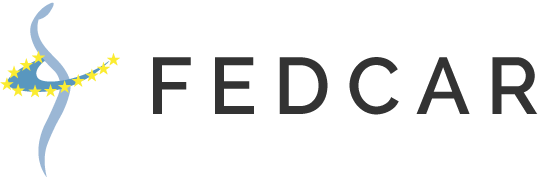The European Journal of Dental Education publishes an interesting paper penned by Melanie Nasseripour, Angela Harkins, Patricia Neville, Amitha Ranauta, based in UK, on how to prepare the graduates of the future to navigate the commercial pressures stemming from social media.
“Dental regulators and educational institutions are increasingly concerned about the influence of digital platforms used by the profession for social, business, digital interaction with the public/patients and its impact on the professionalism in practice now and going forward”.
The paper reports on the “breadth of academic material, research, debate and discourse” that is internationally available “to inform our understanding, guidance and teaching on this ever-evolving topic”.
Thirteen articles were included in the review (2 from the EU, 6 from the UK).
As a result “Within dental research there is consensus that e-professionalism could present a tangible threat to the identity of dental professionals“.
Clinical practice and interaction with patients are concerned as inter alia “Professional ethics could be put under pressure when professionals are expected to engage with patients for commercial gain” through new on-line media, bearing in mind:
– “the Instagram dentists are considered influencers by the public and the profession“,
– and that “Dental Professional Branding” is a growth area not just engaging with the public via websites “but also generating a professional identity”.
“However, less is known about what educational strategies are most effective when teaching e-professionalism“.
There was consensus among the sample that dental students needed explicit formal instruction on how to effectively manage the use of social/business media (e-presence, e-identity or e-reputation) at an undergraduate/postgraduate level.
Such a teaching should provide students “with a clear guidance of what behaviours using digital platforms constitute professional violations” but also, with a balance approach, a clear guidance of “appropriate online behaviours”.
Regulators in Europe agree to say E-professionalism should be held to the same ethical and regulatory principles as any other interaction or engagement dentists have with patients /public, a view well echoed in this paper.
The findings of the rapid review suggest however “the need for a broader evidence base on the role and use of social media among dental students and practitioners, in particular the need for more qualitative and pedagogic research, co-produced with students”.
This is not ignored by the EU legislator.
Since 2000 it has been laid down that “Member States shall ensure that the use of commercial communications which are part of, or constitute, an information society service [i.e. an on-line service] provided by a member of a regulated profession is permitted subject to compliance with the professional rules regarding, in particular,
-the independence
-dignity
-and honour of the profession,
-professional secrecy
-and fairness
towards clients and other members of the profession” (article 8(1) of e-Commerce Directive 2000/31).
